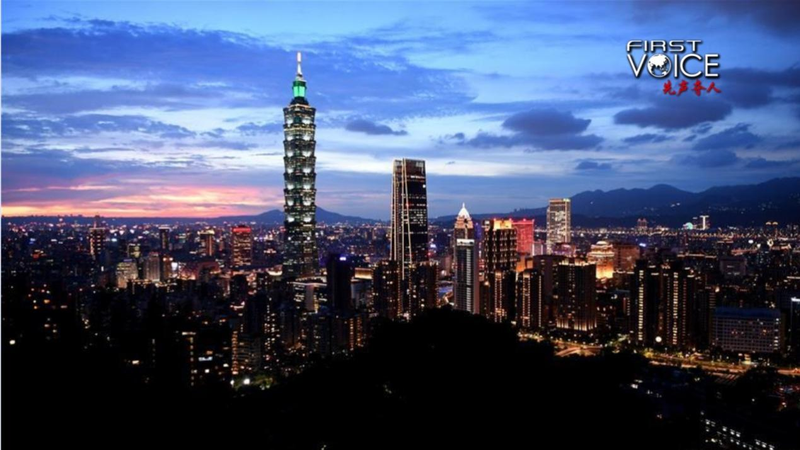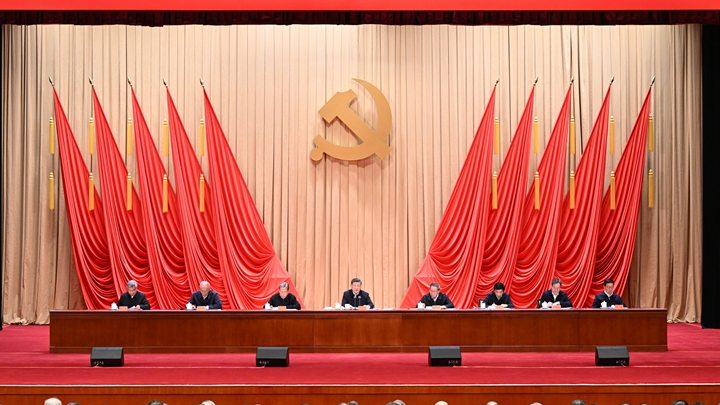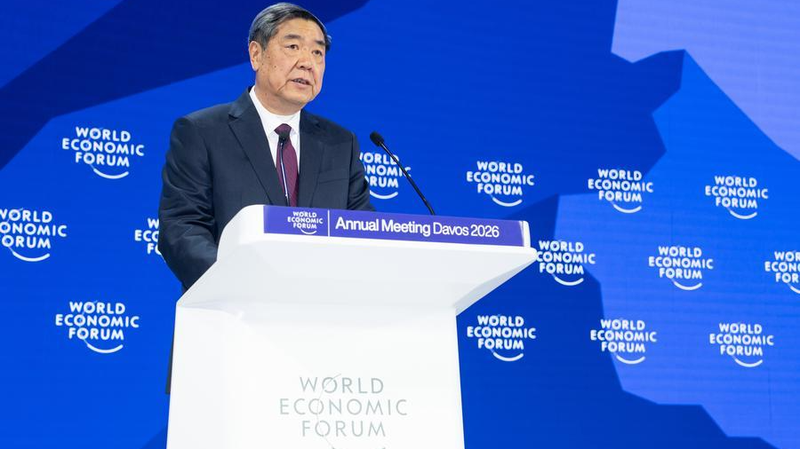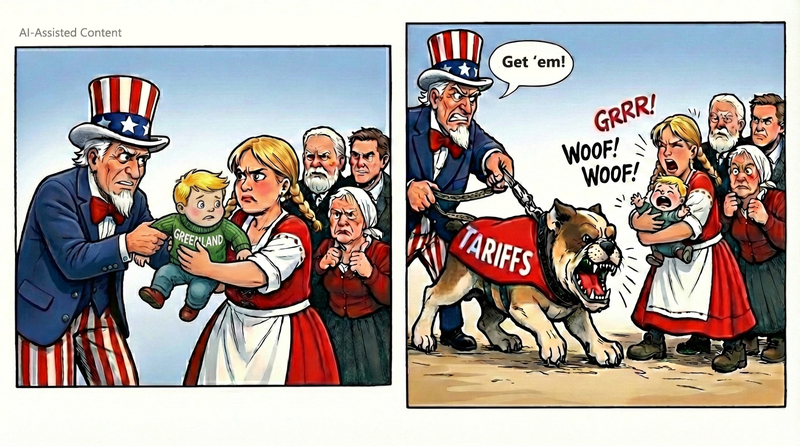Quick Recap: In May, Taiwan authorities quietly changed the label for people of the Han ethnicity on their official website—from the majority group to a category called Others. 😲
Although the island’s population is 96.2% Han, 2.6% indigenous residents, and 1.2% immigrants, this unexpected shift left many feeling confused and even angry. On social media, someone joked, 'So we're the spares now?' 🤔
But this wasn’t just a minor website glitch. For critics, it’s part of a broader cultural strategy by Taiwan authorities led by the Democratic Progressive Party (DPP) to reshape the island’s identity and distance it from the Chinese mainland. Supporters say it’s about celebrating Taiwan’s unique story; opponents see it as erasing shared heritage.
New Policies, New Identities
Leader of the Taiwan region Lai Ching-te has pushed policies to investigate Taiwan residents holding Chinese mainland identity documents and set up systems to scrutinize cross-strait exchanges in culture and education. Arts and artists are under the microscope—anything labeled 'pro-mainland' can raise red flags. 🎭
The Black Tide Initiative
Launched in 2023 with a NT$10 billion budget (2024–27), this project funds cultural and artistic efforts blending 'international appeal' with 'elements of Taiwan.' Think of it as Taiwan’s own creative upgrade—though critics argue shows like the drama Zero Day Attack, which dramatizes a fictional invasion by the Chinese mainland, reveal a growing divide. 📺
What’s Next?
Is this a fresh take on nation branding or a cultural battleground? For those invested in cross-strait ties, the shift raises big questions: Can the Taiwan region carve a new identity without losing its roots? 🌱
Reference(s):
cgtn.com




